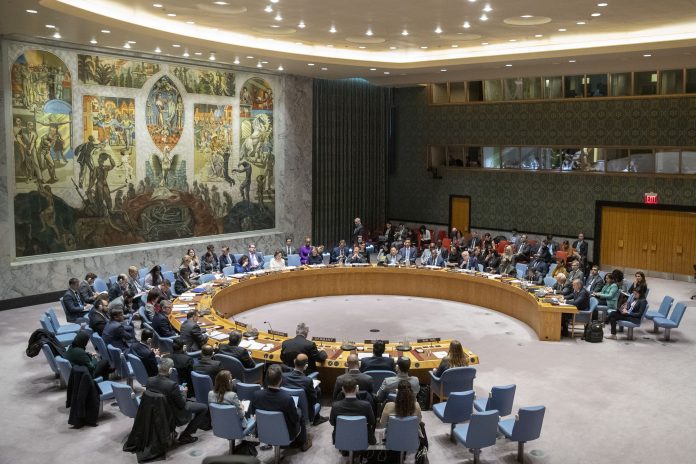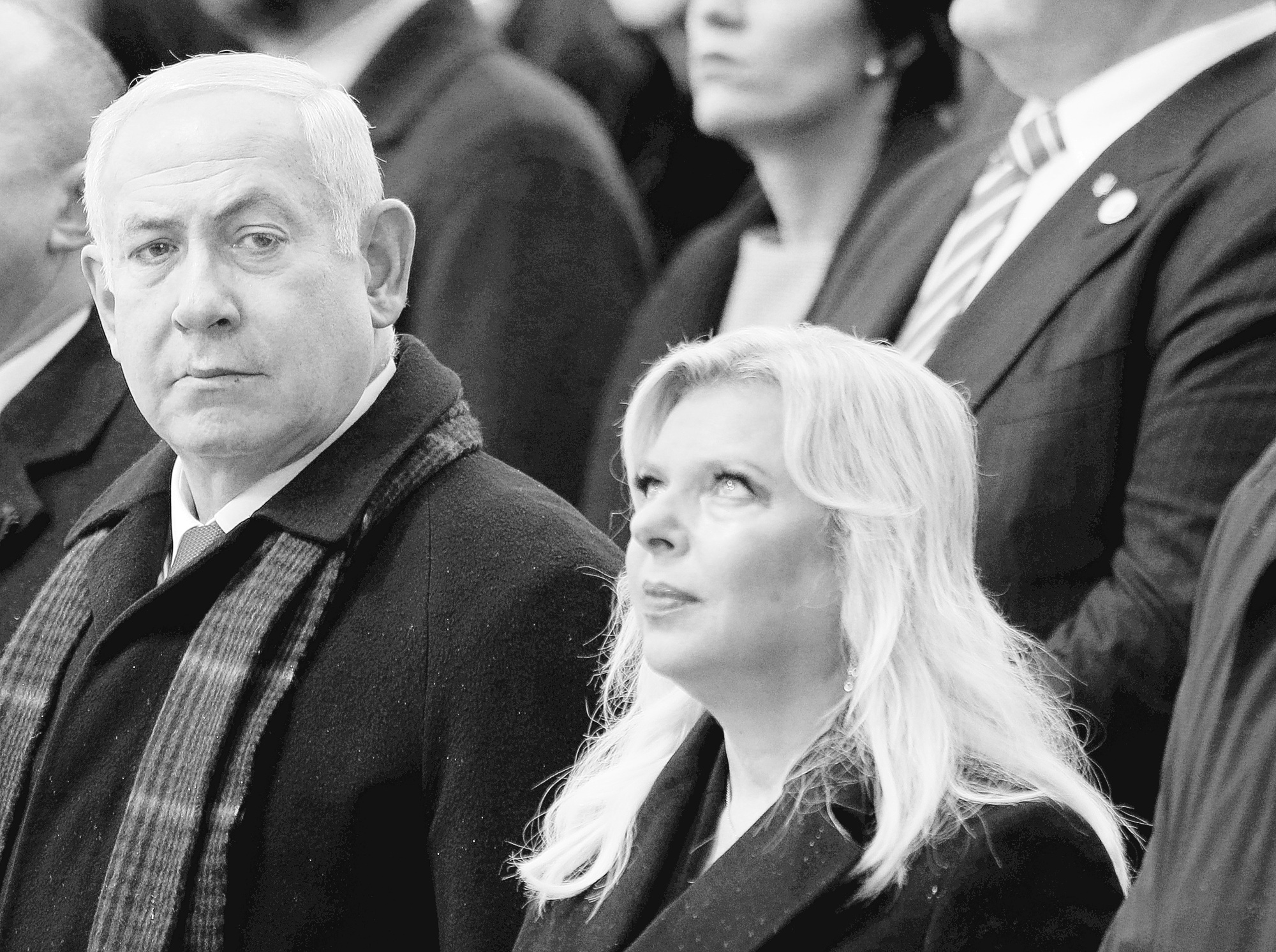
In a sharp rebuke to the Trump administration, the 14 other U.N. Security Council members on Wednesday strongly opposed the U.S. announcement that it no longer considers Israeli settlements to be a violation of international law.
They warned that the new American policy undermines a two-state solution to the Israeli-Palestinian conflict.
The council’s monthly Mideast meeting, just two days after U.S. Secretary of State Mike Pompeo’s announcement, was dominated by negative reaction to the new American policy from countries representing all regions of the world who said all Israeli settlements are illegal under international law.
Only Israel’s U.N. ambassador, Danny Danon, who is not a council member, spoke in support of the U.S. action, saying it “rights a historical wrong.” He also called the criticism an “obstacle to peace” that is “preventing direct negotiations” between Israelis and Palestinians.
“When the international community tries to force its solutions, it achieves the opposite effect,” Danon said. “When Palestinians see that their battles are being fought for them, why would they agree to come to the negotiating table where they would have to compromise?”
Before the meeting began, five European allies of the United States — Britain, France, Germany, Belgium and Poland — reiterated in a joint statement that “all settlement activity is illegal under international law.”
The Europeans called on Israel “to end all settlement activity, in line with its obligations as an occupying power,” saying such activity “erodes the viability of the two-state solution and the prospects for a lasting peace.”
They also reiterated concern “about the calls for a possible annexation of areas in the West Bank.”
Nickolay Mladenov, the U.N. special coordinator for the Middle East peace process, opened the meeting expressing “regret” at the U.S. action and reiterating the U.N. position that settlements under a December 2016 council resolution “are a flagrant violation under international law.”
He also warned that the situation in Gaza remains “highly volatile” after “the most serious recent escalation between Israel and Palestinian militants” that followed Israel’s targeted killing of a Palestinian Islamic Jihad commander.
Cherith Norman Chalet, a deputy U.S. ambassador, repeated Pompeo’s announcement on settlements, which repudiated a 1978 State Department legal opinion holding that civilian settlements in the occupied territories are “inconsistent with international law.”
She stressed that “this complex political problem” can be resolved only through direct Israeli-Palestinian negotiations.
“The U.S. government is expressing no view on the particular legal status of any individual settlement, nor are we addressing or prejudging the ultimate status of the West Bank — that is for Israelis and Palestinians to decide,” Chalet said.
Indonesian Ambassador Dian Triansyah Djani, whose country has the world’s largest Muslim population, called the U.S. announcement “irresponsible and provocative,” saying it “incontrovertibly constitutes a de facto annexation and is a barrier to peace efforts based on the two-state solution.”
After speeches by the 15 council members, Israel’s Danon and Palestinian Ambassador Riyad Mansour, the council held closed consultations.
When that session ended, ambassadors from the 10 non-permanent council members who serve two-year terms stood before reporters while Deputy German Ambassador Jurgen Shultz read a critical joint statement.
“Israeli settlement activities are illegal, erode the viability of the two-state solution and undermine the prospect for a just, lasting and comprehensive peace” as affirmed by the 2016 council resolution, the statement said.
It also called on Israel to end all settlement activity and expressed concern at calls for possible annexation of areas in the West Bank.
Kuwaiti Ambassador Mansour Al-Otaibi, the Arab representative on the council, then told reporters that 14 countries agreed in the private session on the press statement.
He said one country objected — a clear reference to the United States.
Mansour, the Palestinian ambassador, said he was grateful to the 14 council nations and their commitment to international law, saying that all 193 U.N. member nations are required to implement all Security Council resolutions, including on the illegality of all settlements.
In a response to Israel’s Danon, Mansour sharply criticized “the nonsense on one delegation inside the chamber saying that you, international community, if you abide by international law, you help the Palestinians not to come to negotiations.”
“If we abandon international law, including Security Council resolutions, it will be the law of the jungle,” he warned.
Mansour called the U.S. action “another step in our struggle to defend our rights, and our march to end the occupation” and have an independent state.q



















